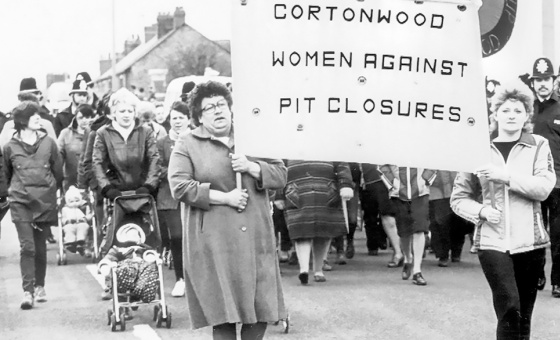This is the last article you can read this month
You can read more article this month
You can read more articles this month
Sorry your limit is up for this month
Reset on:
Please help support the Morning Star by subscribing here
“I WAS lucky to have parents who were keen to make sure I had music lessons,” says young alto saxophonist Sam Braysher. “I started with the recorder when I was seven and had a toy saxophone, perhaps because I used to watch military bands on the television.”
That early love of the beauty of sheer melody is a compelling feature of his first album Golden Earrings, made with US pianist Michael Kanan.
A lucid sonic lyricist, Braysher was born in north London and brought up in Norfolk, where he began piano lessons as a teenager and then moved on to the saxophone’s jazzier repertoire.
“Even then, I had an inclination to improvise and to try to work melodies out in my ear,” he tells me. “Then I started to hear musicians like Miles Davis, Bill Evans and saxophonists like Charlie Parker, Lester Young, Sonny Rollins and Lee Konitz. They all still inspire me.”
Braysher’s sensitivity and ear for the clarity of narrative melody has a real empathy with Kanan, who has played with powerful horns like Lee Konitz and Al Cohn and for many years has been singer Jane Monheit’s accompanist and arranger.
His musicianship has had a powerful impact on Braysher: “Michael is a real expert on American Songbook themes and is determined to find the composer’s intention as his starting point for interpreting a song.
“I try to find original sheet music, so that I know the correct melody as opposed to another jazz musician’s interpretation. It’s important to me to always keep in mind the melody as I improvise and try to play what I hear.”
He gives a robust response when I ask if there might not be an element of reactionary nostalgia in looking back at American Songbook themes.
“The best of the American Songbook is in the same league as the great classical composers,” he stresses. “Nobody questions why string quartets continue to play Beethoven, for example. It’s a vast resource, so you don’t have to look far to find music that isn’t overplayed.”
Kanan is particularly inspiring because he can make numbers such as All the Things You Are sound fresh. “He’s a master of on-the-spot arranging and he knows the songs in such a deep way,” Braysher enthuses.
When you listen to the duo’s versions of Arthur Schwartz’s Dancing in the Dark, Irving Berlin’s Always or Nat “King” Cole’s Beautiful Moons Ago, you soon realise the effect Kanan’s playing has on Braysher. They play these songbook ballads with such fluidity and beauty that they make them sound like urban folk tunes.
Braysher asserts that his playing has no generic boundaries: “I love playing and listening to a lot of original music. I just want to play something beautiful and develop a voice as an improviser that is personal as well as informed by the masters of the genre.”
He has a new trio of albums in the offing which, he says, “will sound a bit different from the ‘consensus’.”
In the meantime, have a listen to Golden Earrings. Some of its melodic conceptions like the title tune and the Duke Ellington ballad All Too Soon are sublime.
And, with heated versions of Charlie Parker’s Cardboard, Tadd Dameron’s The Scene is Clean and Braysher’s own very jivey BSP, there is boppish fire down below too.
Golden Earrings is released on Fresh Sound New Talent.









